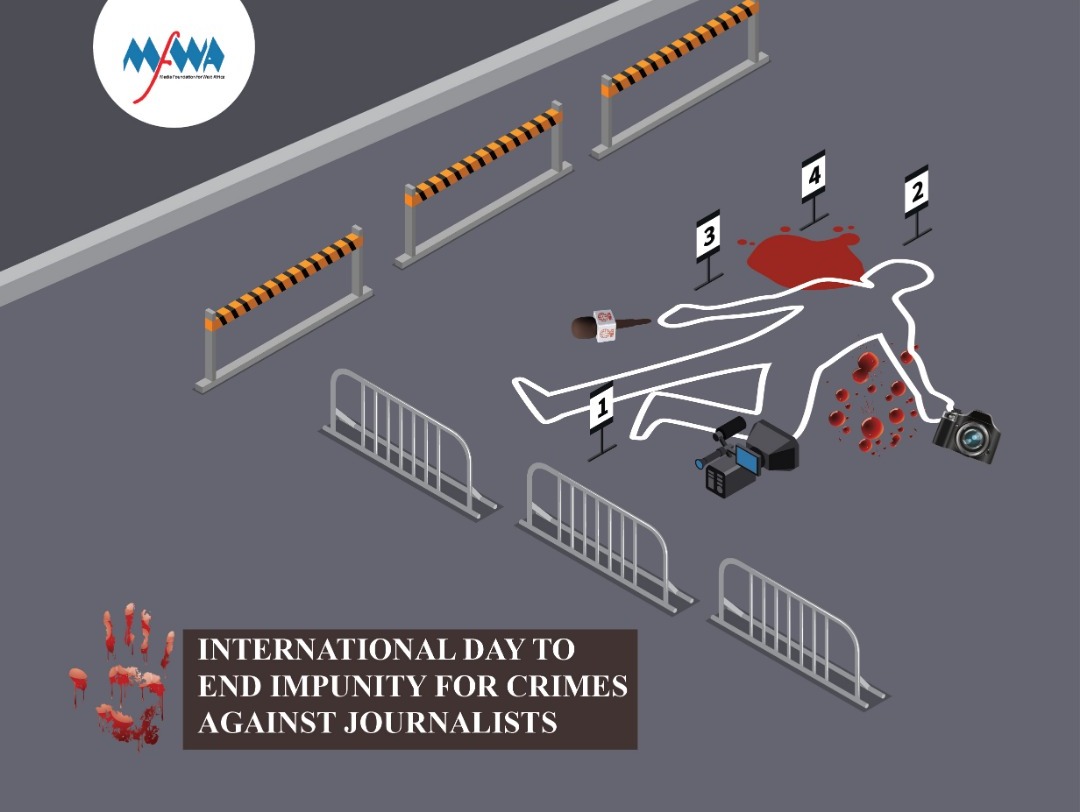The African Court for Human and Peoples Rights ordered Burkina Faso to implement remedies, including reopening the investigation, and damages in the murder case of journalist Norbert Zongo and his three companions in its June 5, 2015 ruling.
First, the African Court ordered Burkina Faso to reopen the murder case of journalists Norbert Zongo and Blaise Ilboudo, Zongo’s brother Ernest Zongo, and their driver, Abdoulaye Nikiema. Burkina Faso is also tasked with locating, prosecuting, and trying those responsible for the four murders.
Second, the African Court asked the country to pay damages of CFA 25 million (US about $43,000) to each of the victims’ partners and CFA 15 million (about US $26,000) to each of their children. The damages ordered total one million US dollars.
Third, Burkina Faso must publish the court clerk’s official French summary of the judgment once in its official gazette, once in a widely disseminated daily national newspaper, and on the government’s website for a year. The African Court required circulation of the judgment in order to help ensure non-recurrence of similar violations in the future.
Fourth, within six months from the date of the judgment, the country must report back to the African Court on the status of implementation of all decisions in the judgment.
Before his murder in December 1998, Zongo, then publisher and editor of I’Indépendant, was investigating the murder of the driver of Francois Compaoré, the brother of then president, Blaise Compaoré. Charges brought against Francois Compaoré for the murder of the driver were subsequently dropped.
Following Zongo’s murder, a commission of inquiry on the four murders identified six suspects for prosecution. However, only one of the six, Marcel Kafando, a member of the presidential guard, was charged with Zongo’s murder. He was later acquitted. In 2006, the government closed the case citing lack of evidence as its reason.
This is the second ruling by the African Court on Zongo’s murder. On March 28, 2014, the Court ruledthat Burkina Faso “failed to act with due diligence in seeking, trying and judging the assassins of Norbert Zongo and his companions.” The case was initiated by Genevive Zongo, wife of Norbert Zongo, with assistance from the NGO Le Mouvement Burkinabé des Droits de l’Homme et des Peuples (Burkinabe Movement for Human and Peoples’ Rights).
The African Court was established through the Protocol on the Establishment of an African Court on Human and Peoples’ Rights, which was adopted in Ouagadougou, Burkina Faso, on June 9, 1998 and entered into force on January 25, 2004. Its decisions are final and binding on states that ratified the Protocol.






